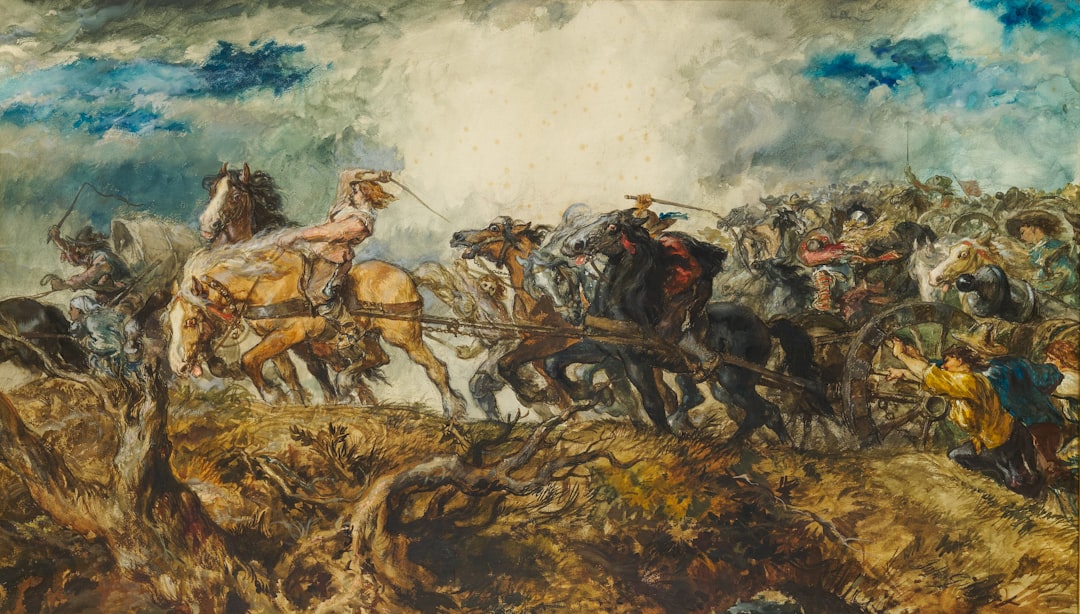April 11: Psalm 18
Leviticus 15; Psalm 18; Proverbs 29; 2 Thessalonians 3

David here celebrates the Lord giving him victory over all his enemies. His gratitude runs in three movements: first an metaphorical portrait of the Lord’s power (1-15); then the reason the Lord delivered him (16-30); and finally the nature of David’s victory (31-45). All this is capped off with praise to the Lord (46-50).
We’re not sure what real-life moments David is referring to in the first section; perhaps all. Regardless, the point is clear: the Lord’s anger (7) against Saul and the rest of David’s enemies was no less great and mighty than if hailstones, coals of fire and lightning had come down from the sky (13-14).
The LORD did this because David was “blameless” (23). “Blameless” does not mean “perfect”; rather, it means to have not “wickedly departed” from God (21). Instead he was merciful (25) and generally pure (26). At the core of this was humility (27).
To this character God responded in like kind, mercifully becoming David’s “rock” (31) and equipping him for war (32). The last section graphically describes David’s warmaking: thrusting his sword right through his enemies, as God provided David with their necks (40). His enemies cried for help (41), but David “beat them fine as dust” (42), throwing them away like so much refuse.
Some might get skittish at this point. But warmaking is exactly what David does, and what God equips him for. But is that for us Christians, here on the other side of the cross? Is the church to wage war, and fight?
Unequivocally and unapologetically, yes. After all, the Great Commission’s goal is world conquest (Matt. 28:19), with every tongue, tribe and nation baptized into His name and living under His reign. Thus we must realize that this Psalm is first not about us - David’s experience is a living parable of Christ’s soon and final victory over every authority and power . . .
. . . Which he will accomplish through His fighters (2 Tim. 4:7) who walk blamelessly (24), according to the merciful character of God (25). Purity in us invites God to make our feet of salvation lively; to train our hands for war; to shield us from the enemy’s arrows; to sustain us; and make us great (32-35). For God exalts the humble (Luke 18:14).
Yet we are not an earthly nation, but a heavenly, spiritual one (1 Peter 1:9). Thus our weapons are spiritual, too: bread, wine and water; a body broken, a life given, and a baptism in his name commanded. Before the church wielding these weapons even the gates of hell shall not stand (Matt. 16:18). One day, David’s praise will be ours.

